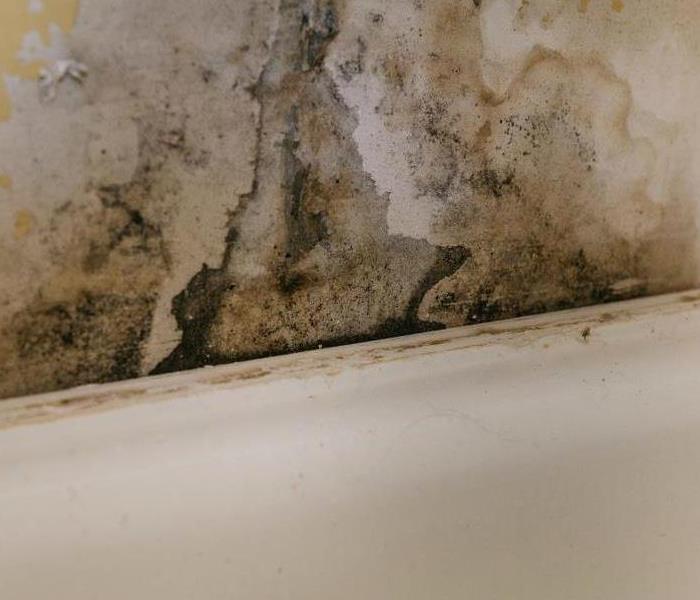3 Tips for Recovering From Mold Damage
9/10/2020 (Permalink)
Owning a home brings about many challenges. Unfortunately, mold is sometimes one of them. If you believe your home in Denver, CO, has damage, you will need to have a mold assessment done. Finding out this type of fungus in your house can be scary, but here are a few tips to help you through the process.
1. Determine the Type of Mold
If you suspect there is mold in your home, it is best to have a professional do a mold assessment. They are better equipped to analyze the sample for you to determine if it is black mold, mildew or one of the other common types of household fungi:
• Alternaria
• Aspergillus
• Chaetomium
• Cladosporium
• Penicillium
• Trichoderma
2. Find the Source
Mold doesn’t just appear for no reason. Cleaning up the spores is of the utmost importance, but they could grow back if you don’t locate the source. Typically, this condition develops because of moisture, and often times the origin is an issue with the air conditioner. Do not attempt to find the problem on your own though. Always let a professional deal with the situation.
3. Make a Plan
Once the problem has been looked at and the source has been found, the remediation experts can tell you the cost and timeline for the clean-up. It is very likely that you will not be able to stay in your home during this time, so you may need to make alternate arrangements for your family.
You should also speak to your insurance company and determine what type of coverage you have for mold and come up with a payment plan. Make sure that the source of the problem is taken care of during this time so that you don’t end up encountering the same issue down the road.
Water damage in your home is overwhelming, but always hire remediation experts before you try to do a mold assessment yourself. They are trained to deal with these situations and will be able to help guide you through this process.





 24/7 Emergency Service
24/7 Emergency Service
